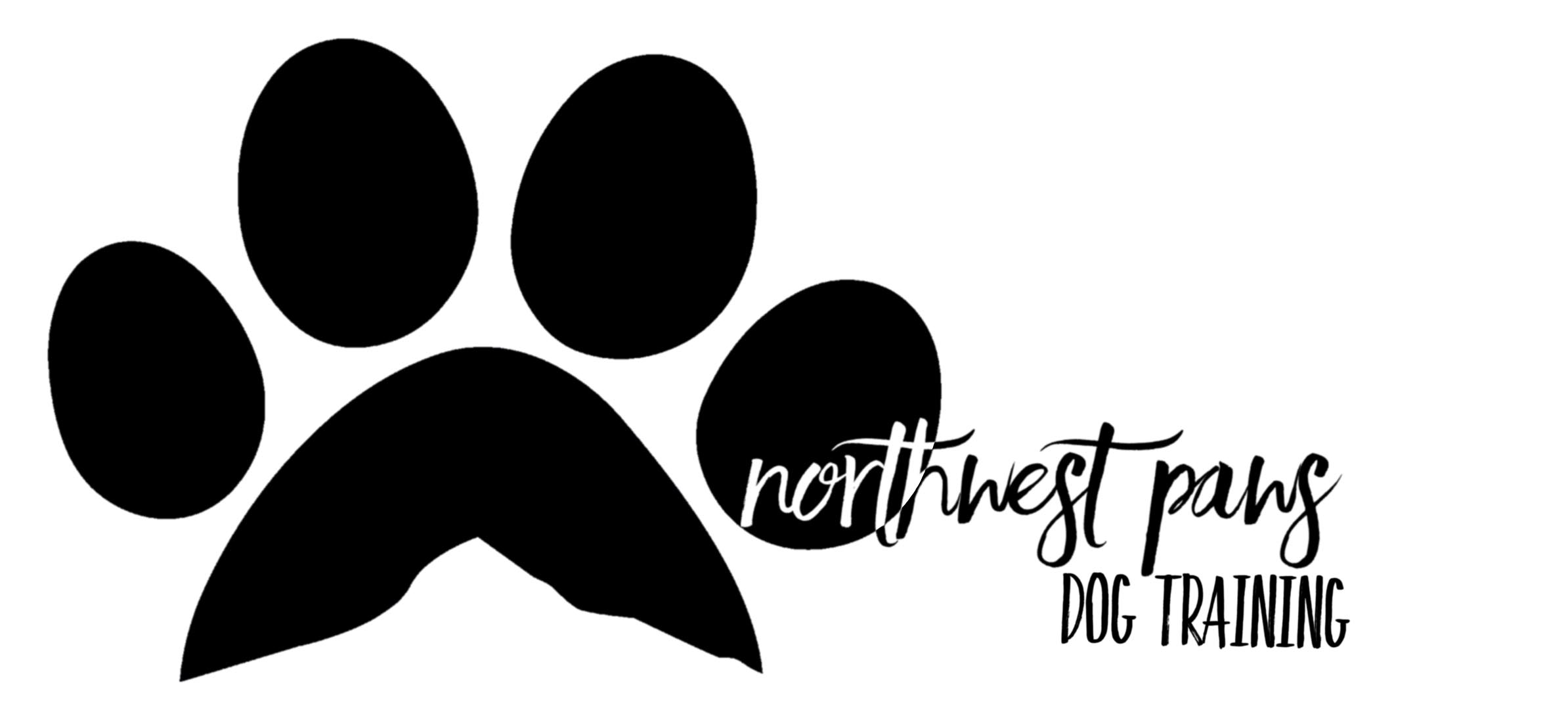On our walk one morning, my dog, Fae, and I ran into a nice couple with two cute little beagles. The first little guy was super leash reactive, lunging at the end of his leash, barking at us. The other one was just hanging out, waiting for the show to be over. Their owners apologized for their dog’s behavior, so I cheerfully said, “That’s okay!” and walked on.
Are you sorry or just embarrassed?
And that made me think… I think we use apologies too often to express embarrassment, rather than actual regret, and that is not necessary. For the love of Pete, stop apologizing! It’s okay. You don’t have to apologize for everything that your dog or your family or even you do that is not socially acceptable. Sure, if they actually do something harmful, that is definitely the time for an apology. My dog scared your kid, jumped on your grandma, stole your sandwich (been there, done that to all of those)? I apologize, do what I can to make it right, and learn from the experience. My dog acts a little crazy, but does no harm? Why am I apologizing? Because I’m embarrassed.
I’m too lazy to go quote sources, but I know that this phenomenon of apologizing out of shame or embarrassment is much more likely to occur in women. Go read some Brené Brown. She’ll make you think about the next “I’m sorry” that comes out of your mouth.
It’s called leash reactivity
So back to your dog going crazy at the end of his leash… it’s okay. In fact, it’s getting be so common that I’d bet more dogs do it than not — or at least it sure seems like it. This behavior is called “leash reactivity” by dog trainers, and it is caused by a couple of things. For simplicity’s sake, let’s break it down to two things: frustration and discomfort.
Your dog might be frustrated…
Your dog LOVES people or dogs or chasing cats, but maybe doesn’t have a good way of showing that love without charging for the object of his desire. You have him on a leash, so he can’t go meet them, chase them, lick them, or whatever. How frustrating would that be? REALLY frustrating! If you want to prevent it before it starts, you can teach him that he gets good things even when he doesn’t get to run towards the thing for which he is longing. If you let him get a little love fest every once in a while (and reinforce his appropriate greeting of the object of his desire), even better. Good things happen whether he gets to say hi or not.
Or your dog might be uncomfortable…
Your dog is not so sure about other dogs or people or bikes or <insert object here>, but she is stuck on a leash and can’t really decide for herself if or how to approach. Dogs don’t naturally greet each other straight on. Instead, they tend to go in slow arc towards the other dog. Blazing right up to a strange dog on a sidewalk or trail feels a little weird to some dogs. If you want to keep this feeling of unease your dog has from turning into full-on leash reactivity, teach your dog you will keep her safe (including moving her away) and that good treats rain from the sky when she has to confront something a little weird.
Otherwise, she may start lunging and barking in the hopes that the thing she’s unsure about goes away. When that works, because you pass by and move away from the weird situation, she does it again next time. (Same concept is why your dogs — and mine — bark at people passing by the house. Dog logic: it always makes them go away.)
What if it’s out of control?
If you were lucky enough to head it off before it ever started, keep rewarding your dog for being “nice” on leash. If your dog is already a practiced maniac on a leash, it’s time to get some help. Leash reactivity is tough. It takes a lot of work to unwind once it starts, and you are probably going to need a good positive reinforcement trainer to help you tackle the issue. It’s going to take time and patience. Lots of patience. Keep breathing. You can do it.
And stop saying “sorry…”
You don’t need to apologize for your dog’s leash reactivity because you are embarrassed. There is nothing to be sorry for… just focus on what your dog needs. That should be your main focus, because he’s the one you love and care about. Besides, who knows, maybe that person walking by has their own leash reactive dog? Or they couldn’t care less what your dog is doing, as long as they are safe? You don’t know and you don’t need to know. Your dog needs you and your attention; the stranger walking past does not need your apology. And you need to let go of that embarrassment/guilt/shame if you are going to be the best advocate for what your dog needs!


The more of your blogs I read, the more I understand about dogs!
Maybe you will get one yourself one day… 😉
Very good presentation. Of course we didn’t have a leash law in our hometown. Didn’t have the time to walk a dog anyway. Now living with my daughter who has numerous animals I have come to see and learn more about behavior and how to leash a dog. However your blog explains so much more. Guess it’s never too late to teach an old dog new tricks. Thank you.
Glad it helped! Thanks for taking the time to visit and comment!